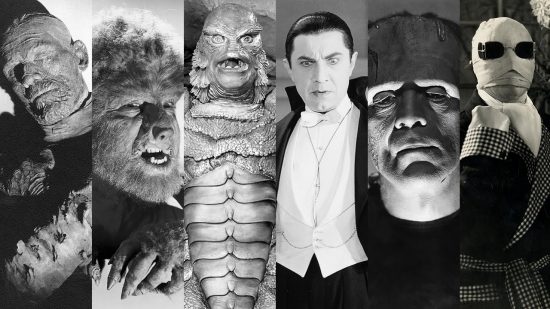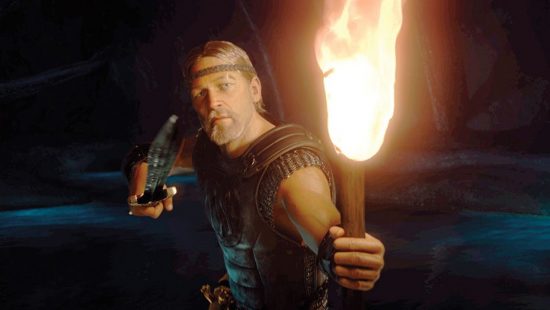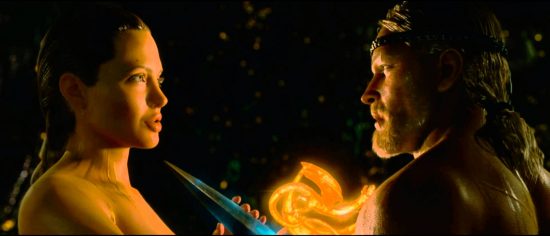Will monster adaptations ever get old?
The theme of monsters lurking in the shadows is somewhat ironically one of the most beloved and cherished across all forms of storytelling. Vampires that suck your blood and target the young and innocent; zombies that range from brainless and bloodthirsty to frostily cunning; fire-breathing dragons, the fantastically distant cousins of the dinosaurs we never knew but love to imagine from the clues they left behind.
The pursuit of making your heart beat faster, your neck prickling, your breath quickening – and yet, at the same time, fighting to keep control, to remain steely in your resolve – this is what drives you to seek out the excitement that fear and risk bring. Yet when the monster disappears back into the abyss again and normalcy is again restored, it is the memory of the monster that makes you wish for more. It’s part of the human condition to seek out that which makes you feel alive, whether it be the fair maiden, the betterment of the self, or the pursuit of riches – even though stories tell us that for every mysterious treasure chest that you stumble upon in your travels, there’s probably an ominous-looking gatekeeper around the corner.
Monster adaptations technically began with one of the first stories that the English language lays claim to, Beowulf. Once a story that was passed around campfires, washed down with ale or dice games, the first unknown scribe who set the epic poem of Beowulf into written words put into motion the still-standing history of adapting our monster stories to suit whichever new medium technology can offer. Beowulf now exists in a multitude of forms, including film versions, graphic novels, and even a video game version, which you now more typically wash down with a craft beer or live casino table games than the more modest alternatives that were available in the Middle Ages. Perhaps it is the innate love of monsters that compels storytellers of all kinds to continue telling tales about them, but perhaps it is also the nature of monsters, so saturated into the very fabric of our society, that lend themselves so easily to stories.
The reason why the monsters that the heroic Beowulf faces are fascinating is their unknowable and beastly nature – Grendel, the wolfish giant; Grendel’s mother, inhuman lady of a grotto of treasures; and the final antagonist, the dragon that slays Beowulf in the battle of the century. Dragons have been an integral part of monstrous storytelling in all manner of cultures and across barriers such as language and culture, but in almost all iterations, dragons have the same common thread as the treasure-hoarder. J.R.R. Tolkien used the device of the dragon in the most child-friendly plot in his wildly popular universe, and it is the popularity of beasts such as dragons that helped birth a mega-blockbuster collection of films, games and novels. No coincidence, of course, that Tolkien was an expert on Beowulf.
Fear of monsters of all shapes and sizes is what compels you to watch scary or action-filled films, or to play the video games where vicious creatures have you fighting for your virtual life. Sometimes, a really good monster story can be all these things at once. The Monster Hunter movie, scheduled to get underway in September, goes one step further from the typical monster story that invokes merely the existence of monsters, and allows you to become the Beowulf of the narrative, placing you in the role of the monster slayer. Further pushing the envelope of the adaptation of the monster tale, Monster Hunter takes a video game onto the big screen. From books, to novels, to video games, to theme parks, the idea of monsters remains as tantalising today as when the Brothers Grimm were just trying to scare children into good behaviour.
Monsters are such a prevalent part of modern culture that you can hardly turn around without bumping into one of them because the twinning of pop culture and our favourite monsters goes hand in hand. Popular culture has always informed the world of gaming, from sharing the fireside with the likes of Beowulf, to becoming the cornerstone of glitz and glamour that gaming has given to popular culture in the modern age. Monsters, now and probably forever, work themselves into the world of entertainment – though it seems that even as our technology and stories evolve, the love of the thrill always wins.













